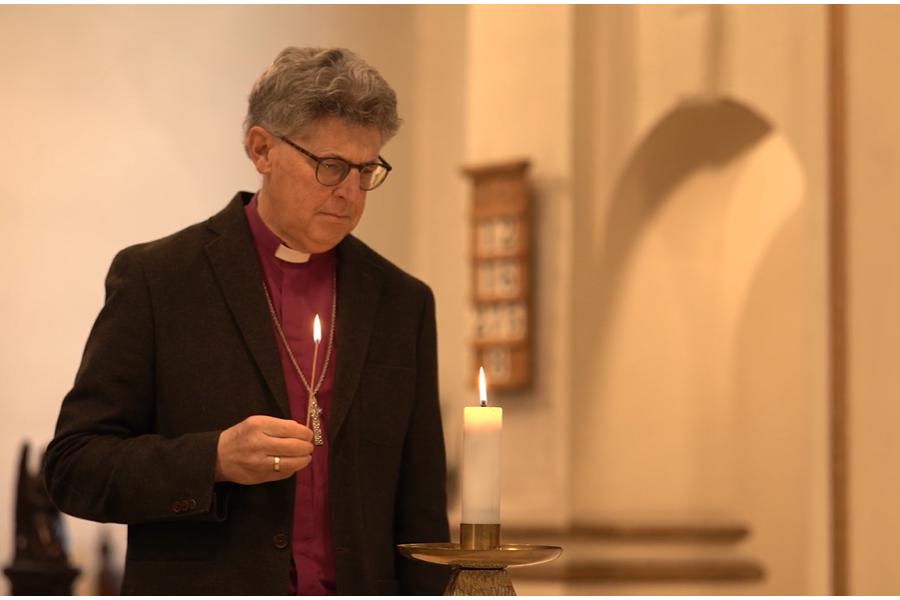In 2023 the Diocese of Worcester launched a seven year transformation programme, assisted by funding from the national church, aiming to transform communities through churches that are growing in health and sustainability. As part of this, key priorities were established. The first data back from churches on how they are meeting those priorities is very encouraging.
The key priorities of the diocesan transformation programme include; doubling the number of children and young people worshipping in our churches, creating 100 new worshipping communities offering a range of ways for people to come to faith and worship God, and investing in the renewal of around a dozen churches, to ensure that each major area of population has at least one church with 150 people attending weekly, enabling them to support other local churches.
The initial data from parishes under the transformation programme, following the first round of funding from the national church, shows promising signs of growth.
- 50 New Worshipping Communities (NWCs) have been successfully launched since the beginning of the transformation programme, with at least 15 more in development. These have taken many forms including, Messy vintage, Forest church, café church and walking church.
- Funding has been released for 5 Renewal projects following the creation and approval of comprehensive Mission Plans for each one.
- The renewal churches that have been launched are already showing promising signs of growth, with 244 new adults and 25 new children added since 2022.
- Children, Youth, and Families Ministers have been recruited across the diocese and 11 of these parishes shows an increase of 119 children since the 2019 baseline, underscoring the effectiveness of this strategy.
To build on these successes and ensure that the transformation programme delivers on its 2030 goals, additional funding has been secured from the national church. This paves the way for the creation of roles designed to provide additional support to parishes as they work towards the diocesan vision and the transformation programme's objectives. These roles will help churches connect more deeply with their communities, ultimately bringing more people to experience the love of God and the hope of Christ.
The new roles will be focused on enhancing the capacity of key areas within the transformation programme, including the Renewals Programme Manager and the New Worshipping Communities Lead, in line with the full-time Children and Youth Lead. This will ensure that the programme’s three main priorities are given equal attention. By expanding the available resources, the diocesan team will provide tailored support to New Worshipping Communities, helping them improve safety and sustainability.
Recognising how challenging and time-intensive recruitment can be alongside parish life, the funding will establish an HR and Recruitment Officer role to support parishes in recruiting the new roles that will help them engage with the priorities, such as children, youth, and family workers. The HR Officer will also provide expert advice on recruitment, onboarding, and staff management. The diocesan team will also be increasing its communications capacity, to help share the inspiring stories that are coming out of the transformation programme and to showcase how God is working in our churches.
The final part of the new funding will create a project manager role to provide additional over-arching support and assist renewal leaders as they adapt to their roles, exploring new ways of being church in today’s world and allowing leads to concentrate on the mission and ministry goals they are passionate about. A Monitoring and Evaluation Officer will also be introduced on a part-time basis to capture key data and learning from parishes. This role will assess what is working well, identify best practice, and ensure that successful strategies can be shared across other parishes and dioceses, enhancing the effectiveness and long-term impact of the programme.

